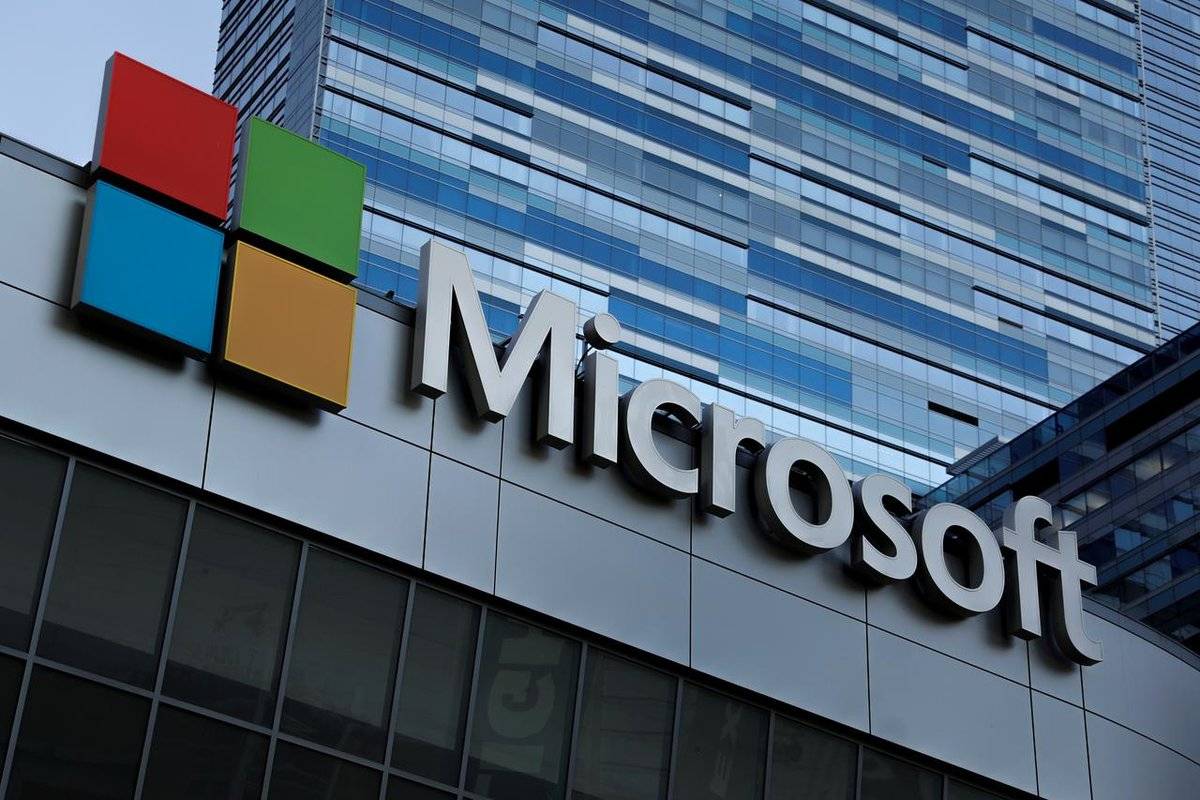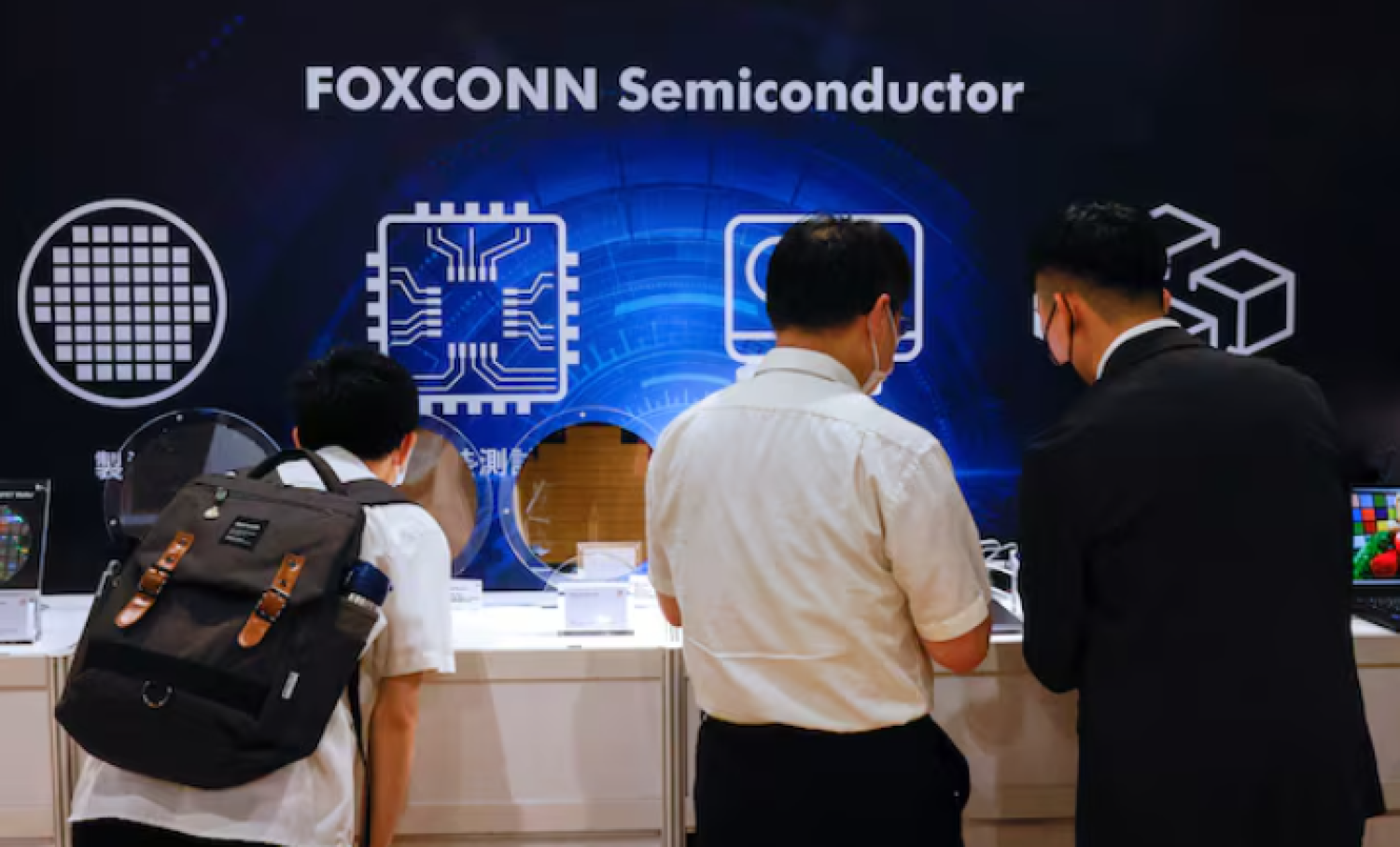TikTok and its Chinese parent company filed a lawsuit Tuesday challenging a new American law that would ban the popular video-sharing app in the US unless it's sold to an approved buyer, saying it unfairly singles out the platform and is an unprecedented attack on free speech.
In its lawsuit, ByteDance says the new law vaguely paints its ownership of TikTok as a national security threat in order to circumvent the First Amendment, despite no evidence that the company poses a threat. It also says the law is so “obviously unconstitutional” that its sponsors are instead portraying it as a way to regulate TikTok's ownership.
“For the first time in history, Congress has enacted a law that subjects a single, named speech platform to a permanent, nationwide ban, and bars every American from participating in a unique online community with more than 1 billion people worldwide,” ByteDance asserts in the lawsuit filed in a Washington appeals court.
The law, which President Joe Biden signed as part of a larger foreign aid package, marks the first time the US has singled out a social media company for a potential ban, which free speech advocates say is what would be expected from repressive regimes such as those in Iran and China.
The lawsuit is the latest turn in what's shaping up to be a protracted legal fight over TikTok's future in the United States — and one that could end up before the Supreme Court. If TikTok loses, it says it would be forced to shut down next year.
The law requires ByteDance to sell the platform to a US-approved buyer within nine months. If a sale is already in progress, the company would get another three months to complete the deal.
ByteDance has said it doesn’t plan to sell TikTok. But even if it wanted to divest, the company would need Beijing's blessing.
According to the lawsuit, the Chinese government has “made clear” that it wouldn't allow ByteDance to include the algorithm that populates users' feeds and has been the “key to the success of TikTok in the United States.”
TikTok and ByteDance say the new law leaves them with no choice but to shut down by next Jan. 19 because continuing to operate in the US wouldn't be commercially, technologically or legally possible.
They also say it would be impossible for ByteDance to divest its US TikTok platform as a separate entity from the rest of TikTok, which has 1 billion users worldwide — most of them outside of the United States. A US-only TikTok would operate as an island that's detached from the rest of the world, the lawsuit argues.
The suit also paints divestment as a technological impossibility, since the law requires all of TikTok's millions of lines of software code to be wrested from ByteDance so that there would be no “operational relationship” between the Chinese company and the new US app.
The companies argue that they should be protected by the First Amendment's guarantee of freedom of expression and are seeking a declaratory judgment that it is unconstitutional.
The Justice Department declined to comment on the suit Tuesday. And White House press secretary Karine Jean-Pierre declined to engage on questions about why the president continues to use TikTok for his political activities, deferring to the campaign.
Rep. Raja Krishnamoorthi, an Illinois Democrat who is the ranking member of the House Select Committee on the Chinese Communist Party, issued a statement Tuesday defending the new law.
“This is the only way to address the national security threat posed by ByteDance’s ownership of apps like TikTok. Instead of continuing its deceptive tactics, it’s time for ByteDance to start the divestment process,” he said.
ByteDance will first likely ask a court to temporarily block the federal law from taking effect, said Gus Hurwitz, a senior fellow at the University of Pennsylvania’s Carey Law School who isn't involved in the case. And the decision whether to grant such a preliminary injunction could decide the case, because its absence, ByteDance would need to sell TikTok before the broader case could be decided, he said.
Whether a court will grant such an injunction remains unclear to Hurwitz, largely because it requires balancing important free speech issues against the Biden administration’s claims of harm to national security. “I think the courts will be very deferential to Congress on these issues,” he said.
The fight over TikTok comes amid a broader US-China rivalry, especially in areas such as advanced technologies and data security that are seen as essential to each country’s economic prowess and national security.
US lawmakers from both parties, as well as administration and law enforcement officials, have expressed concerns that Chinese authorities could force ByteDance to hand over US user data or sway public opinion by manipulating the algorithm that populates users' feeds.
Some have also pointed to a Rutgers University study that maintains TikTok content was being amplified or underrepresented based on how it aligns with the Chinese government's interests — a claim the company disputes.
Opponents of the law argue that Chinese authorities — or any nefarious parties — could easily get information on Americans in other ways, including through commercial data brokers that rent or sell personal information. They say the US government hasn't provided public evidence that shows TikTok has shared US user information with Chinese authorities or tinkered with its algorithm for China's benefit.
“Data collection by apps has real consequences for all of our privacy,” said Patrick Toomey, deputy director of the ACLU’s National Security Project. “But banning one social media platform used by millions of people around the world is not the solution. Instead, we need Congress to pass laws that protect our privacy in the first place.”
Jameel Jaffer, executive director of the Knight First Amendment Institute at Columbia University, expects TikTok's lawsuit to succeed.
“The First Amendment means the government can’t restrict Americans’ access to ideas, information, or media from abroad without a very good reason for it — and no such reason exists here,” Jaffer said in a statement.
Although TikTok prevailed in earlier First Amendment challenges, it isn't clear whether the current lawsuit will be as simple.
“The bipartisan nature of this federal law may make judges more likely to defer to a Congressional determination that the company poses a national security risk,” said Gautam Hans, a law professor and associate director of the First Amendment Clinic at Cornell University. “Without public discussion of what exactly the risks are, however, it’s difficult to determine why the courts should validate such an unprecedented law.”

















